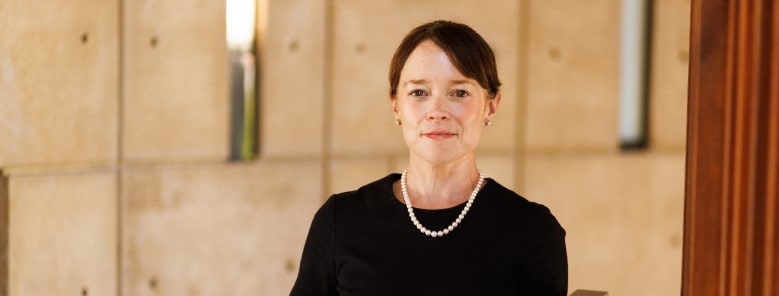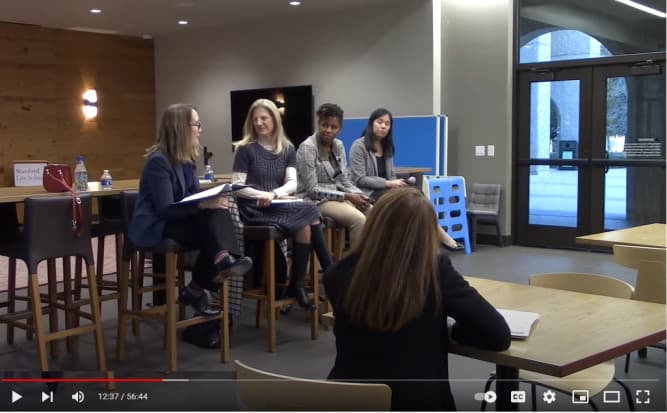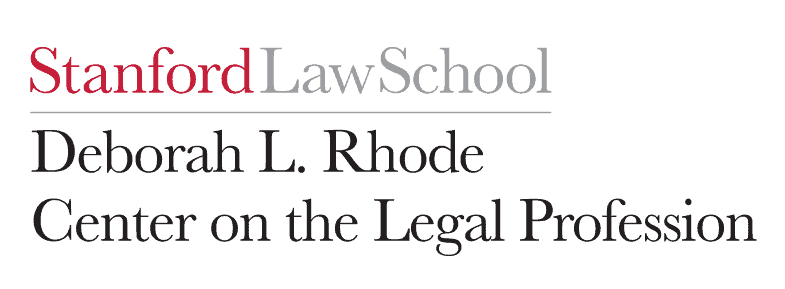by Ben Welton, Civil Justice Fellow
Today, Stanford Law School’s Filing Fairness Project announced the launch of its Filing Fairness Toolkit, a first-of-its-kind, interactive guide for state courts to increase access to justice for all court users by modernizing, standardizing, and simplifying court technology and filing systems. The toolkit provides concrete, actionable recommendations for courts and court partners to work across jurisdictions and to implement and scale more efficient, usable, and sustainable ways for court users to access the legal system. This was a major milestone for the project, which has been working with state supreme court justices, court technologists, and access to justice experts for nearly two years to understand the landscape of court technology in the United States.
An Access to Justice Crisis: Outdated and Needlessly Complex Court Technology
The U.S. legal system is currently gripped by an access to justice crisis. Roughly three-quarters of the millions of civil cases filed in the U.S. each year involve at least one self-represented litigant trying to navigate our dense, complex legal system alone. A 2019 report from the California State Bar found that 55% of households had faced at least one legal issue in the previous year, yet more than 85% of them received no or inadequate legal help. Many of these cases are significant, even life-altering moments: debt disputes, evictions, domestic violence, or a former partner behind on child support.
Part of the problem is that court users must wrestle with outdated, opaque, and difficult-to-use filing tools. While user-friendly tools are already ubiquitous for things like public benefits applications and tax filings, the picture is very different for court filing technology. Some courts require that users fill out PDFs directly when they need to generate basic legal forms. Other courts have guided interview tools that generate forms for users, but they often involve highly technical legal language and add procedural hurdles like requiring physical (“wet”) signatures or notarization. And other courts have tools that are expensive and difficult to maintain, which has caused them to become outdated or error-prone.
This has been a burden on litigants and courts alike. Some court users are unable to find information they need, others are intimidated by court form complexity and language, and still others are deterred by barriers like in-person notarization requirements or cumbersome electronic filing systems. The result of all of this is worse substantive outcomes for litigants with otherwise valid claims, assuming they engage with the legal process at all. And when litigants do complete legal filings using these tools, clerks often must manually enter data into difficult-to-use systems, and judges frequently receive incorrect or irrelevant information.
The Filing Fairness Toolkit: Encouraging User-Friendly, Modernized Technology
The Filing Fairness Project—an ambitious, multi-jurisdictional effort to modernize court filing processes and improve access to courts and the administration of justice by leveraging readily available technology—has been working to address these challenges since it began as a Stanford Law School Policy Lab in 2021. The project has engaged seven state court partners—Alaska, Colorado, Indiana, Kansas, Michigan, Texas, and Virgina—to collaborate across jurisdictions to improve their forms and filing systems, and it previously brought state court partners and technology providers together to discuss how to tackle these problems. This toolkit is a culmination of those efforts.
The Filing Fairness Toolkit offers several concrete recommendations that prescribe clear actions for courts to modernize their systems. By following these recommendations, courts can leverage modern standards and contracting practices to promote sustainable, easy-to-find-and-use filing tools. To this end, the toolkit focuses on four key areas of change.
First, it recommends that courts standardize their filing system infrastructures by adopting and encouraging technologies that use modern data standards for their electronic filing platforms. Technologies that use nationally-accepted standards are easier to maintain over time, and they can more easily integrate with new vendors that increasingly rely on these data standards, some of whom serve self-represented litigants.
Second, it promotes a diverse ecosystem of service partners by encouraging courts to work with vendors using a variety of business models and to set up a clear checklist of vendor requirements to ensure new partners are aligned with the court’s access to justice values. These steps can minimize the potential limitations of any one business model and improve sustainable and fair efiling access while ensuring that at least some among a diverse set of partners are addressing the access to justice crisis.
Third, the toolkit outlines governance and procurement best practices for filing system technology. It recommends that courts adopt a formalized certification process when contracting with vendors and discusses specific provisions for how future integration costs should be allocated. So much of court modernization is actually about governance and contracting, since these decisions freeze courts into multi-year commitments, with rules establishing everything from how flexible a court’s infrastructure is to who resolves technology problems.
Fourth and finally, the toolkit promotes easy-to-use digital form preparation and filing tools through a series of suggestions, such as reducing legalese, allowing electronic signatures, and adding virtual and in-person support resources for court users. While the aforementioned three recommendations are largely focused on attracting good underlying technology and ensuring it is maintainable and scalable, this set of recommendations is more specifically trained on the court users’ experiences.
It’s worth noting that these recommendations are not just for IT professionals. Many of the recommendations are specifically directed at judges, court administrators, and other court decision makers. Nor are the recommendations directed at courts at a particular level of technological maturity. Courts that are in both the early and more advanced stages of their filing modernization efforts will find useful features in the toolkit, including concrete recommendations, a diagnostic tool, maturity models that describe moderate, good, better, and advanced stages of progress, and examples of successful solutions that have been implemented in various state courts.
What Comes Next?
We look forward to hearing how courts are interacting with this toolkit, and we are already planning how we can facilitate modernization efforts and provide expertise and oversight. We’ll be announcing next steps for the project soon, so check back on the blog in the coming months.
In the meantime, you can take a look at the Filing Fairness Toolkit here. If you are interested in participating in the Filing Fairness Project, please connect with the Filing Fairness team.
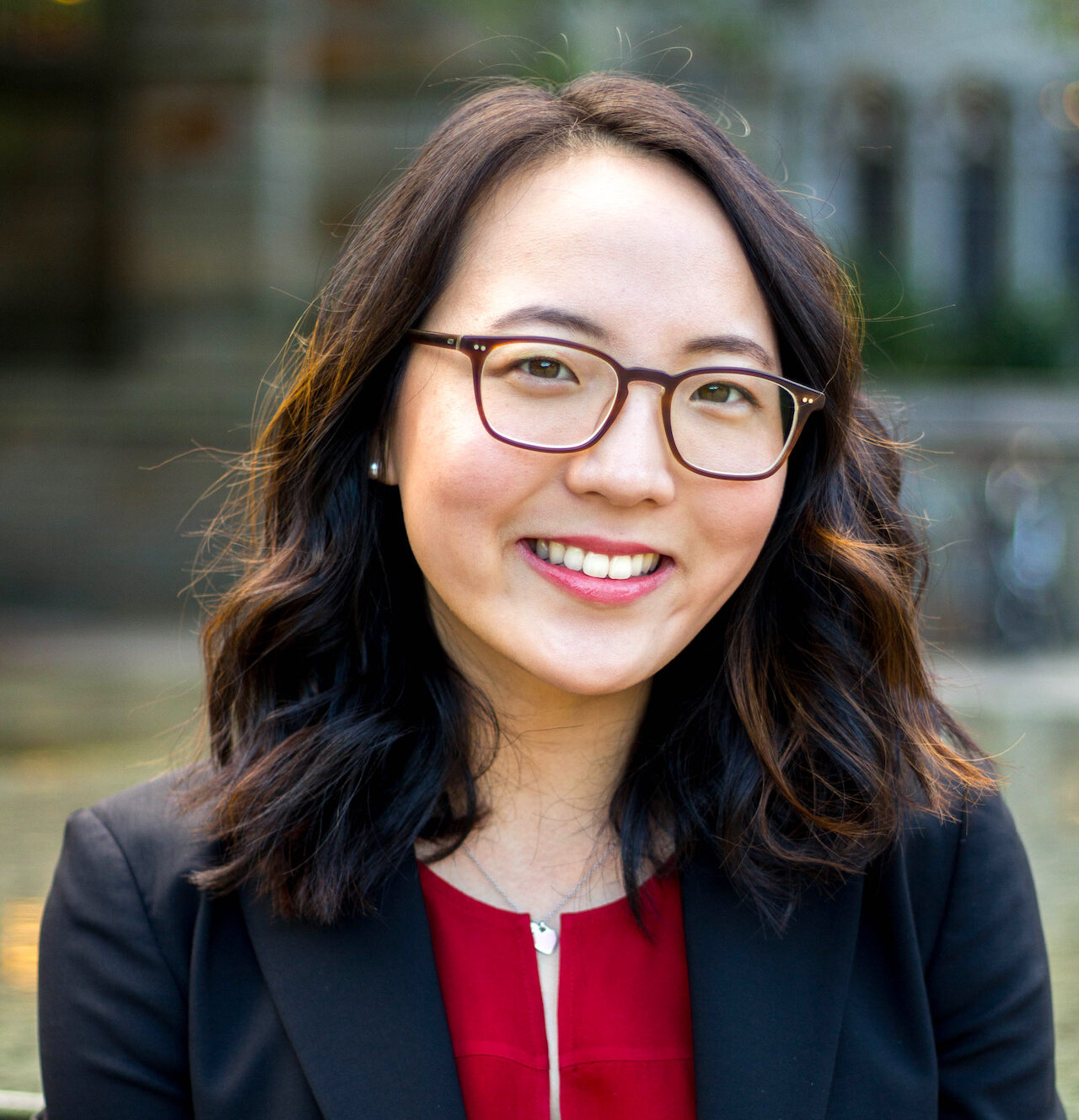

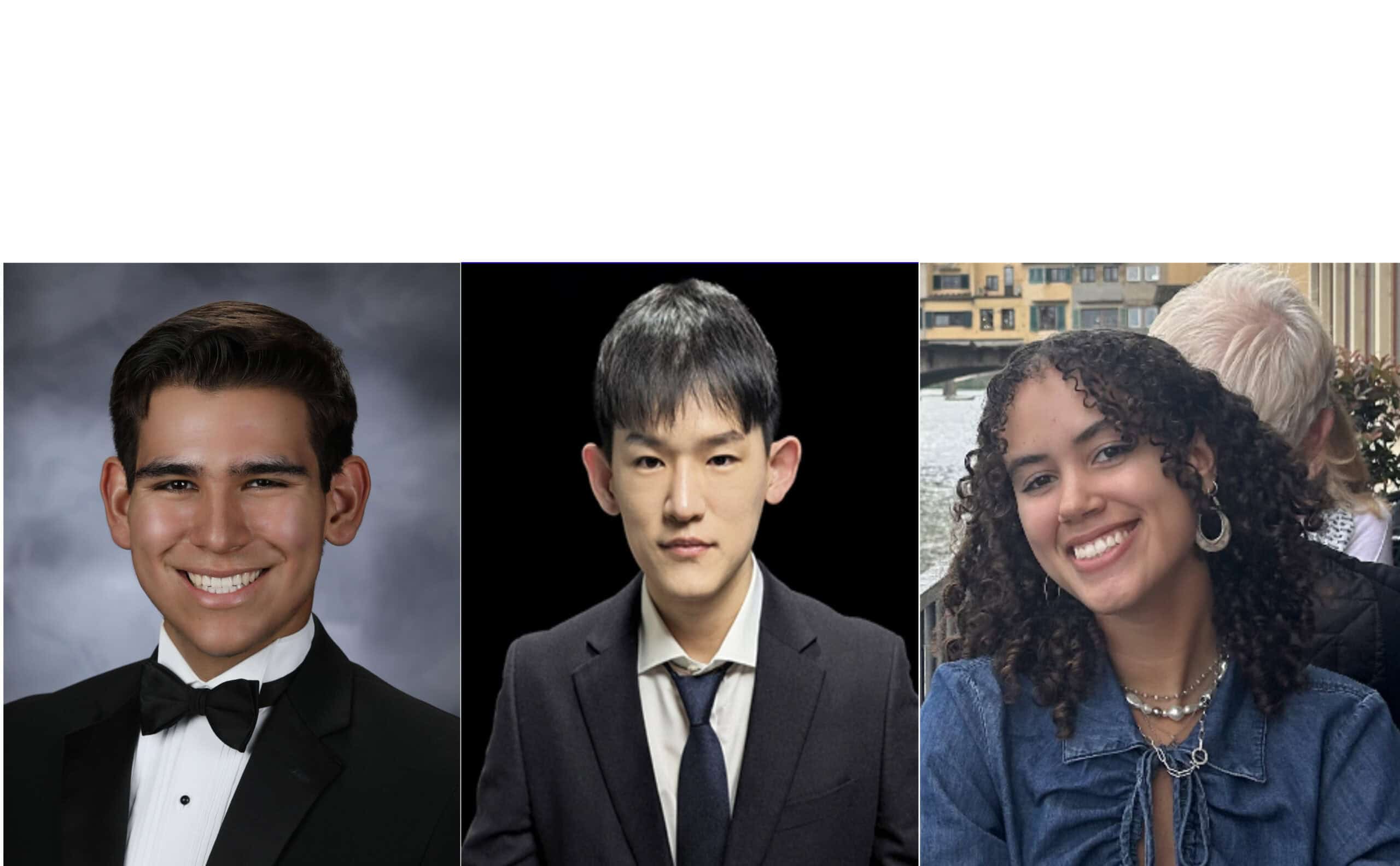
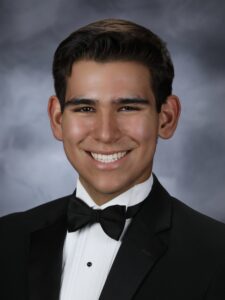
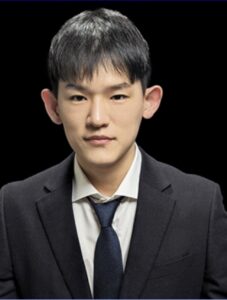 Eden Cho is a rising junior at Dartmouth College, majoring in history. At Dartmouth, he participates in the Student Private Equity Program and the Real Estate Club. He previously worked at Davis Polk & Wardwell as a legal assistant. Eden plans to attend law school after graduation. At the Rhode Center, Eden has spearheaded research regarding mental health in the medical and legal professions, assisted with quantitative research regarding attorney advertising and contingency fees, and assisted with textbook editing.
Eden Cho is a rising junior at Dartmouth College, majoring in history. At Dartmouth, he participates in the Student Private Equity Program and the Real Estate Club. He previously worked at Davis Polk & Wardwell as a legal assistant. Eden plans to attend law school after graduation. At the Rhode Center, Eden has spearheaded research regarding mental health in the medical and legal professions, assisted with quantitative research regarding attorney advertising and contingency fees, and assisted with textbook editing. Olivia is a rising senior at Stanford University, where she is majoring in English literature and Linguistics as well as pursuing a master’s in Sociology. At Stanford, she is a tour guide, a peer writing tutor, the executive director of Dv8 Dance Team, a copy editor of The Stanford Daily, and an editor of the Stanford Undergraduate Law Review. After graduation, Olivia plans to go to law school with hopes of eventually sitting on the Federal Court of Appeal. She is also passionate about helping to one day end mass incarceration. At the Rhode Center, Olivia has tackled complex research projects regarding the presence and practices of notarios, investigated state bar practices regarding mental competency evaluations, conducted quantitative research regarding attorney advertising and contingency fees, and assisted with textbook editing.
Olivia is a rising senior at Stanford University, where she is majoring in English literature and Linguistics as well as pursuing a master’s in Sociology. At Stanford, she is a tour guide, a peer writing tutor, the executive director of Dv8 Dance Team, a copy editor of The Stanford Daily, and an editor of the Stanford Undergraduate Law Review. After graduation, Olivia plans to go to law school with hopes of eventually sitting on the Federal Court of Appeal. She is also passionate about helping to one day end mass incarceration. At the Rhode Center, Olivia has tackled complex research projects regarding the presence and practices of notarios, investigated state bar practices regarding mental competency evaluations, conducted quantitative research regarding attorney advertising and contingency fees, and assisted with textbook editing.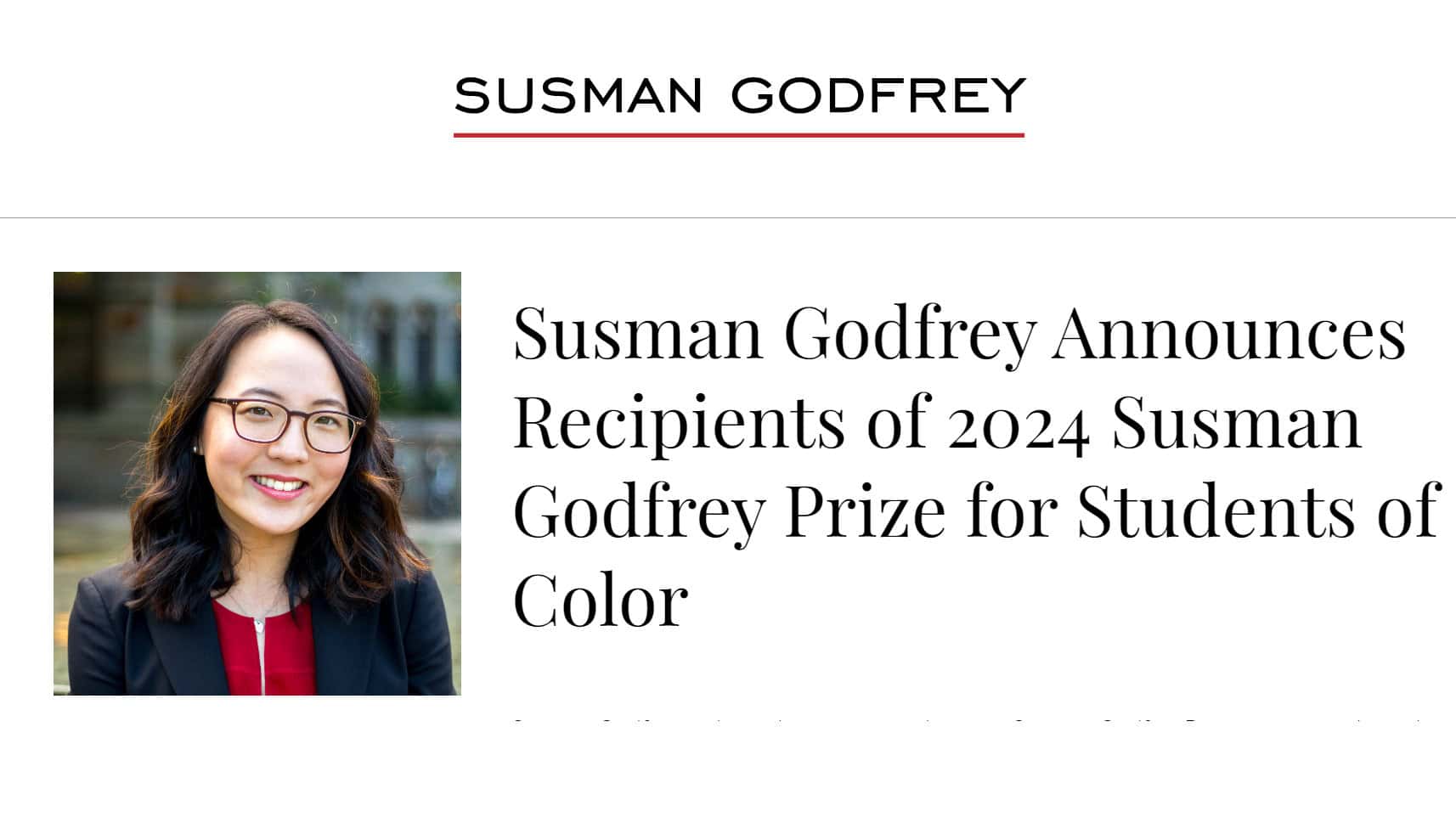
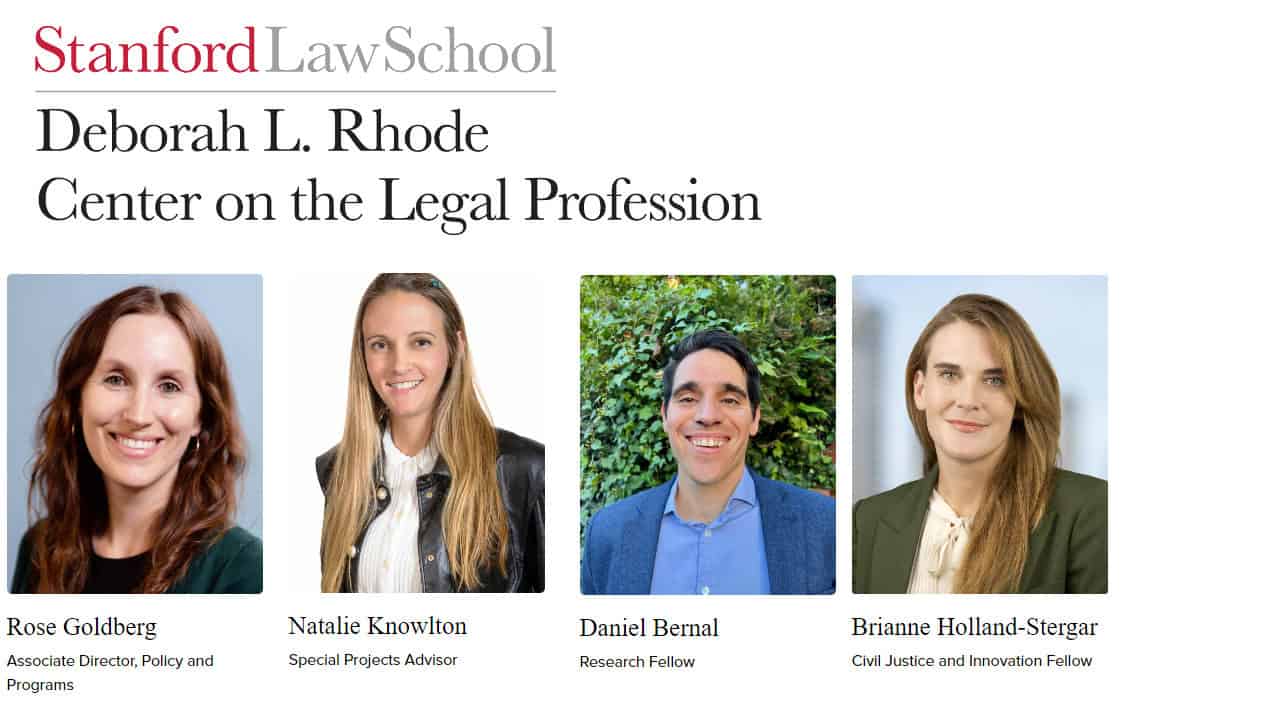
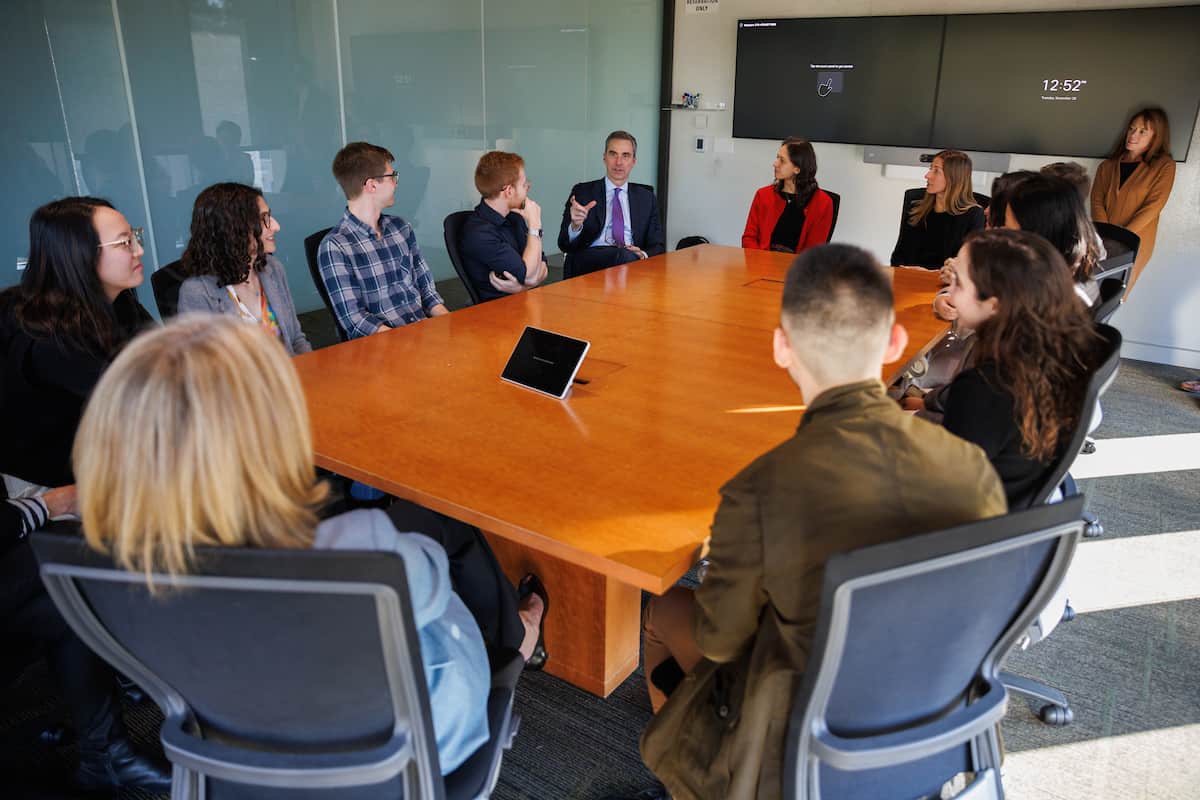

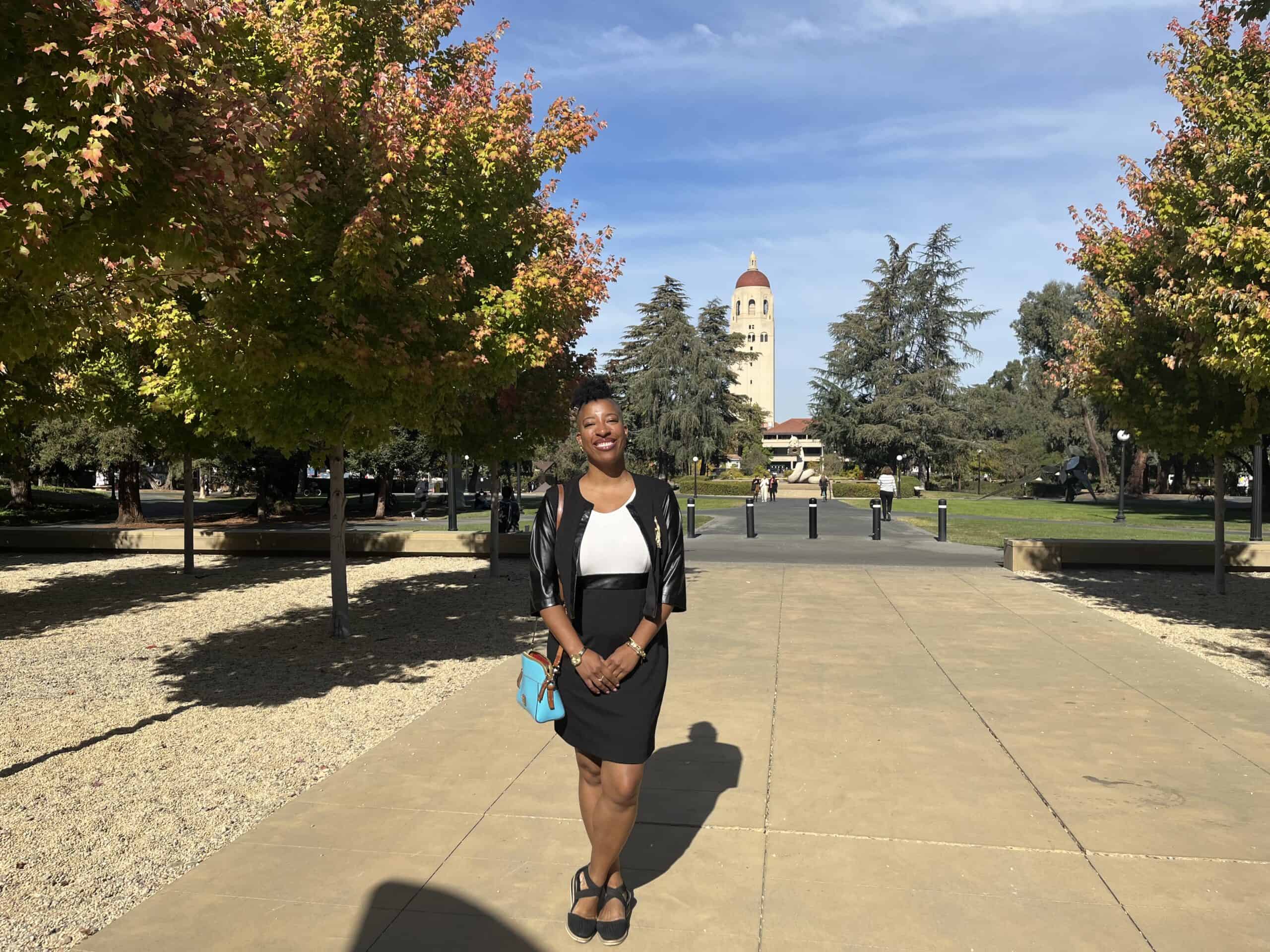
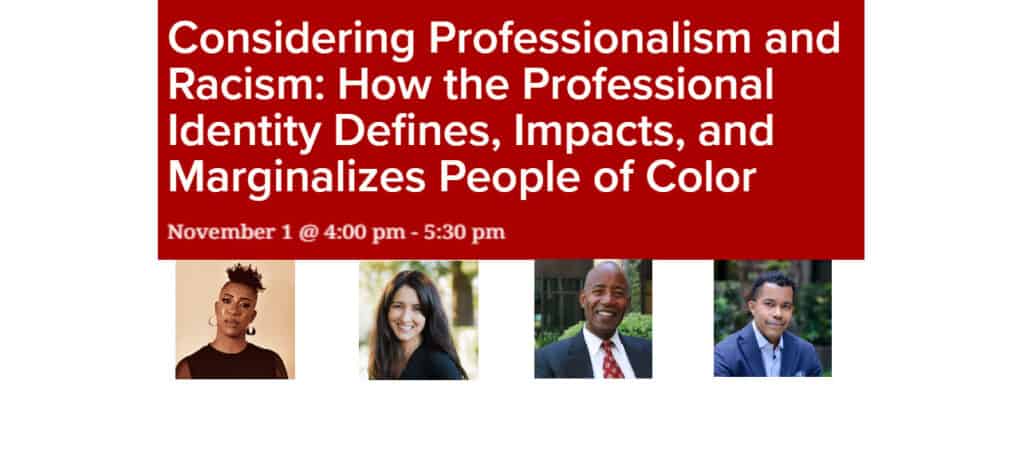 Professor Ford asked the group: When do you speak up and how? Goodridge emphasized the importance of building your own support system –to identify and build relationships with people who are not going to reinforce dehumanization just because that was what they were taught or experienced. Graham noted that she had found success in her work with pausing and asking the simple question: Why do you think/say that?
Professor Ford asked the group: When do you speak up and how? Goodridge emphasized the importance of building your own support system –to identify and build relationships with people who are not going to reinforce dehumanization just because that was what they were taught or experienced. Graham noted that she had found success in her work with pausing and asking the simple question: Why do you think/say that?